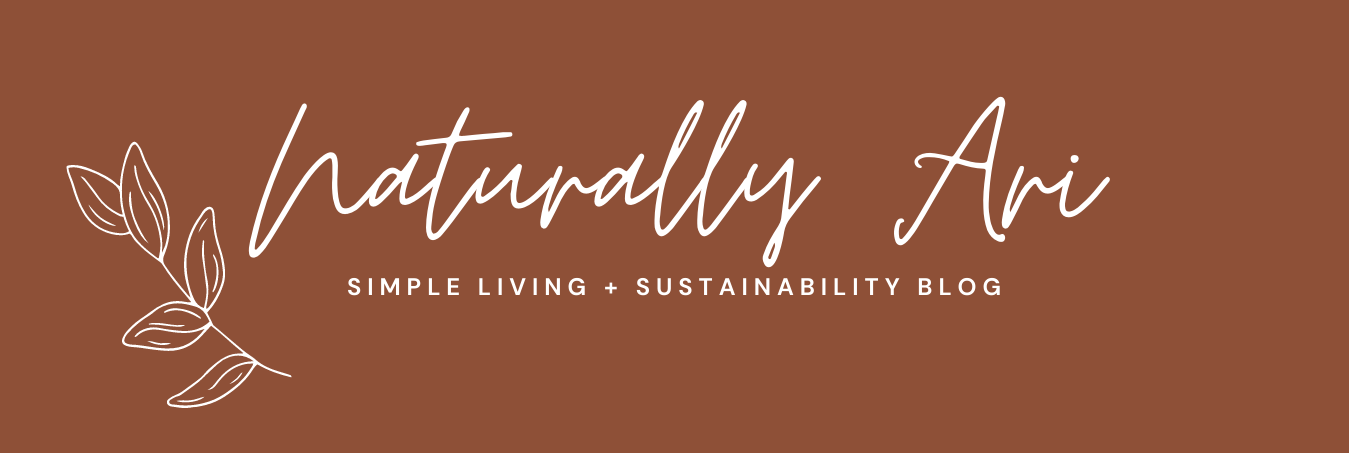Hey friends!
There’s something that I’ve been wanting to write about for a while now, and I’m not sure if I wanted to write about it more for you guys, or more for myself but I figured there’s no better time to talk about food guilt than during National Eating Disorders Awareness Week.
You see, food guilt is something that a lot of us go through, whether we’re female, male, underweight, overweight, famous, an “average joe”… it has become a natural thought for many of us to worry if we’re eating “healthy enough”. I’ll admit it – I’ve struggled with food guilt for a very long time and it’s something I’m still trying to overcome. Even as I stuff my face with salad, I’ll still catch myself worrying if my salad dressing has too much sodium or if my greens are organic.
A lot of us don’t realize that these negative feelings we have when we eat are creating a pattern that is conducive to disordered eating. Yes, consistently feeling ashamed about the foods you’re consuming is an aspect of disordered eating and can even be classified as a psychological disorder in more extreme cases.
While feeling guilty about what we eat is natural in small doses, we need to be proactive in trying to overcome this guilt and negativity. We often look at eating as a factor in physical health. But we often fail to look at eating as a factor of mental health as well. Of course, we should all strive to provide our bodies with the nutrient-rich fuel that it needs, but we also need to be kind, understanding and patient with ourselves. Well-being is so much greater than just being physically fit. In order to create a sense of well-being, we need to be mentally healthy as well, and one way to achieve a healthier mind and body is to get over this constant feeling of food guilt.
Food guilt didn’t just pop up out of nowhere. It stems from a combination of fad diets, being misinformed on nutrition, and the confusing and conflicted nature of society. When you were younger, how often were you praised for eating everything on your plate or scolded for not finishing your meal? Were you ever rewarded with a snack for being good at the grocery store or during church? But things changed as you got older, right? You started to hear “you’ll get fat if you eat that” and in middle school or high school your friends started competing over who ate less that day. This drastic change is confusing for many of us, and it’s a huge factor in developing food guilt. Are we supposed to take pride in being a part of “the clean plate club”, or are we supposed to be proud of eating less? I still have no idea – you tell me.
What about fad diets? These restrictive diets condition us to label foods as “good” foods or “bad” foods. They make us feel embarrassed for eating foods on the “no-no” list. Rather than teaching us to eat in moderation, they teach us to judge the foods we’re consuming AND to judge ourselves. We need to eliminate the idea that there are foods that should be classified as “bad” and those that should be labeled as “good”. By depriving ourselves from a few nibbles of chocolate when we want it, we’re setting ourselves up to binge on an entire chocolate bar later, which as you’ve probably guessed, leads to food guilt.
Overanalyzing everything we consume is actually hurting us far more than it helps us. Feeling ashamed about our decisions is actually more harmful to our health than the act of eating something “unhealthier” and moving on from it. When we begin to feel guilty over our food choices, we’re putting more stress on our bodies and increasing the levels of stress hormones within our bodies, which overtime will do more damage than the cookie you ate.
Being at peace with food is something I aim for every day, and it’s something that I think we all could benefit from, but I’d be lying if I said it was easy. Not all of us are going to be successful at it, and it’s not likely that any of us will master it 100%. There is no such thing as a perfect diet. And that’s okay. There are times when we’ll eat a few too many slices of pizza and think “oh boy, that was a bit much” and that’s normal. But if you feel excessively guilty and ashamed with each meal and every snack, it may be something a bit more serious.
I’m not here to judge you for feeling guilty about what you eat. I will never judge you for experiencing this natural sense of food guilt. I’m just hear to remind you that physical health isn’t the only thing that comes into play when fueling our bodies. Mental health is heavily involved in eating as well. You shouldn’t be ashamed of what you choose to consume and you shouldn’t be embarrassed for feeling guilty about eating a treat. Welcome these emotions and acknowledge their existence. Allow them to enlighten you and help you overcome something that we all struggle with.
Our bodies do so much for us and deserve a little treat every now and again without being shamed for it. If you find yourself in a moment where you feel like you can’t escape the feeling of food guilt, here are a few things to do or consider:
- Forget the terms “good food” and “bad food”. It’s way easier said than done but it will be a step in the right direction. Try to focus on eating foods that make your body AND mind feel good.
- Think about your best friend. Would your best friend ever scold you for ordering a donut for breakfast? Probably not. Would you ever ridicule your best friend for grabbing a second slice of pizza? I doubt it. If we spoke to our friends the way we speak to ourselves, we probably wouldn’t have very many friends. We’re much harder on ourselves than we are on our friends. We need to treat ourselves like we’re our own best friend too.
- Accept the fact that nobody is perfect. There is no such thing as a perfect diet. Not even the top bikini models stick to a “diet” perfectly. Everyone indulges. And it’s OKAY.
- Approach eating and calories in an intellectual manner. I’m sure a lot of people have learned that one pound is equal to 3500 calories. It’s pretty hard to consume an extra 3500 calories in a day. And even if you do “slip up” and eat an extra 3500 calories one day, one extra pound will not destroy you.
- Pay attention to your hunger. If your stomach is growling, your body is telling you that it’s hungry. So eat! Don’t feel ashamed of feeling hungry and don’t feel guilty for fueling it. If you listen to your body when it sends signals to tell you that it needs food, you’re less likely to overeat or binge, which will reduce stronger feelings of guilt later on.
- Learn from experience. Rather than allowing negative emotions to consume the moment, allow yourself to learn from these feelings. Let these feelings show you when and why you’re experiencing guilt and utilize this knowledge to make changes so you can avoid them in the future.
- Savor your food. Eat food that truly brings you joy and allow yourself to enjoy it. Your body was craving the food for a reason. If you’re going to eat something, allow yourself to truly enjoy it, rather than letting it bring negative thoughts. Don’t waste the moment by feeling guilty.
- Know that you can always balance a dietary misstep with more health-conscious decisions later. There will always be an opportunity to fuel yourself with something nutritious. One slice of pizza will not cancel out every bit of progress you ever have or ever will make.
- Accept the moment and move on.
Just remember, food guilt is something that we all struggle with. Overcoming this stress isn’t something that will happen overnight. I hope that this post is able to help you in some way or another, whether it has helped you to identify the emotional distress you’ve been feeling or given you some ideas on how to begin to overcome this stress. You are never alone and if you would like to reach out to someone about this, my email and social media messages are always open.
Our bodies are incredible and are so deserving of our love. I hope you can find a way to show yourself a little extra compassion today.
Naturally,
Ari
**If you think that you or a loved one may be suffering from an eating disorder, don’t be afraid to seek help. To get help now, call 1 (800) 931-2237, text NEDA to 741741, or email info@nationaleatingdisorders.org. For more information, please visit http://nedawareness.org/. You are not alone.






2 comments
I am one of those that was raised to eat everything you put on your plate because there were children that had nothing to eat and it was wrong to waste food. Reading this reminded me of my childhood. Thank you and love you. So very proud of you.
Thank you for your thoughts, Grandma. I love you!